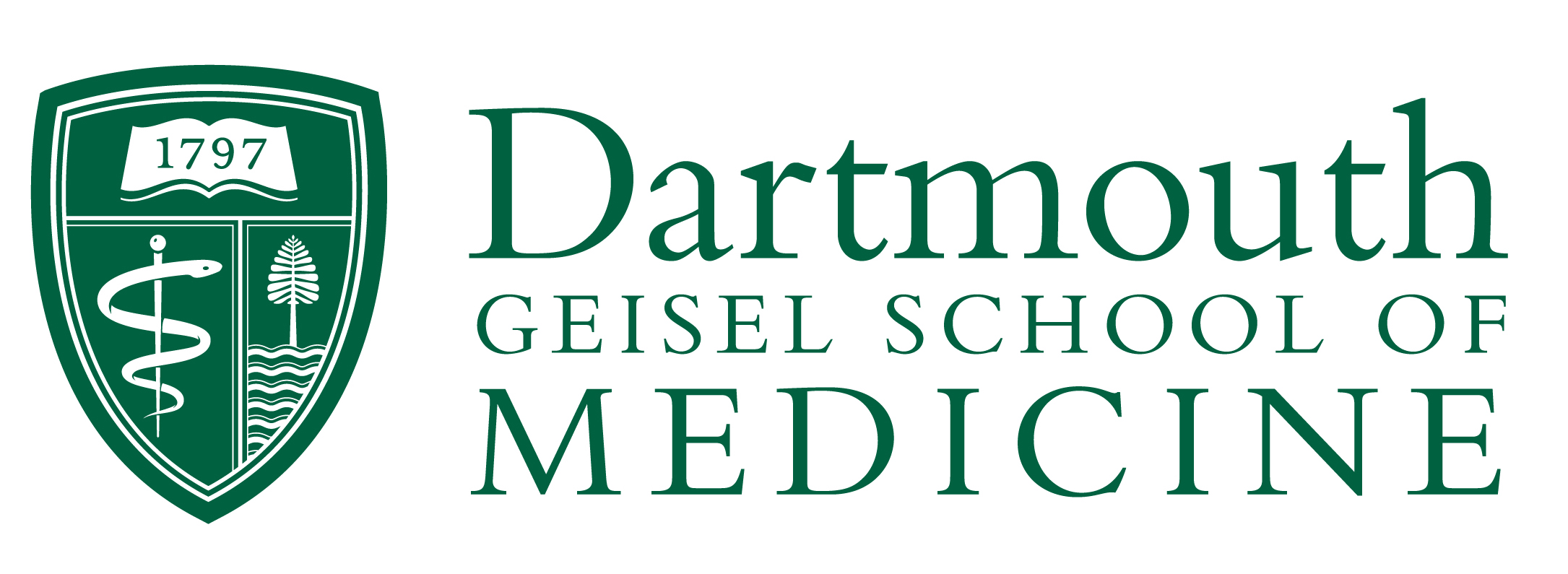As of July 1, 2020, the Dermatology Section of the Department of Surgery, and the Emergency Medicine Section of the Department of Medicine are now full, autonomous, academic departments, a status granted earlier this year by the Dartmouth-Hitchcock (D-H) Board of Trustees and the Dartmouth College Board of Trustees. Having demonstrated capacity to scale and deliver excellent academic experiences, the new departments are set to gain advantages in teaching, research, professional recruitments and patient care.
Emergency Medicine Chair Scott W. Rodi, MD, MPH, explains that those advantages will come, in large part, from the recruitment advantages that a department status brings. “Physicians who are going to dedicate their lives to an academic career in Emergency Medicine, for example, want to know they have an academic home in the form of an independent department,” notes Rodi. “We’ll be able to recruit and retain strong physicians who want an academic career in a department that has a voice in the institution.”
Recruitment advantages also extend to residents. “As a department, we have the autonomy to create new, specialty academic clinics,” says Dermatology Chair M. Shane Chapman, MD. “That’s important for residents who are interested in niche areas like pediatric dermatology or lymphoma of the skin or multi-disciplinary work like dermatology psychiatry.” The Department of Dermatology is also modifying rotation schedules to accommodate a greater number of students from the Geisel School of Medicine at Dartmouth.




